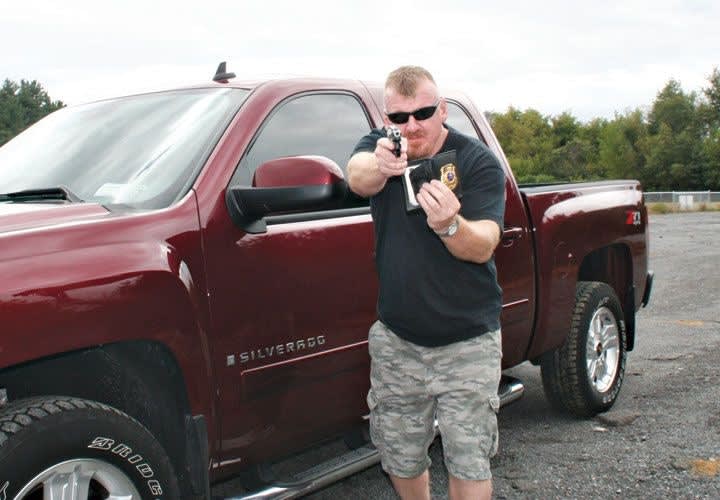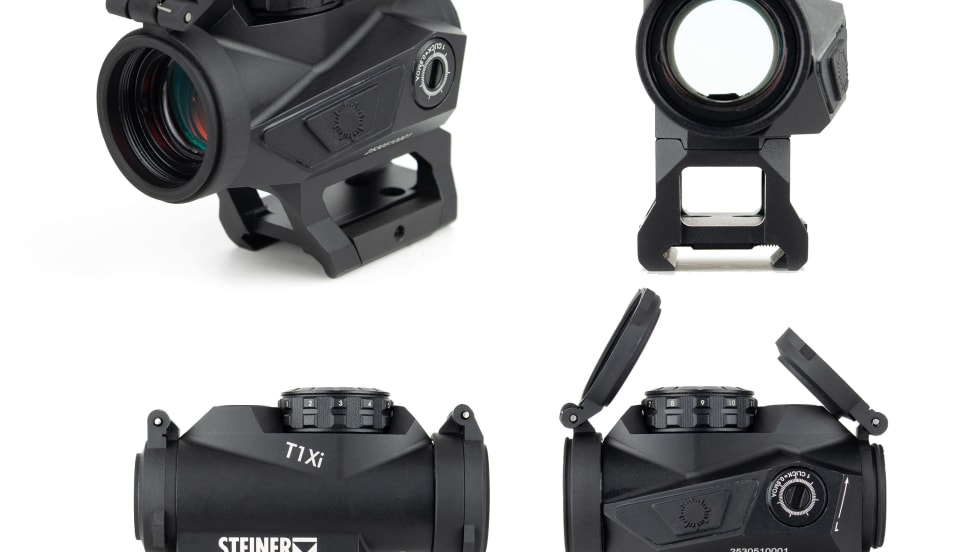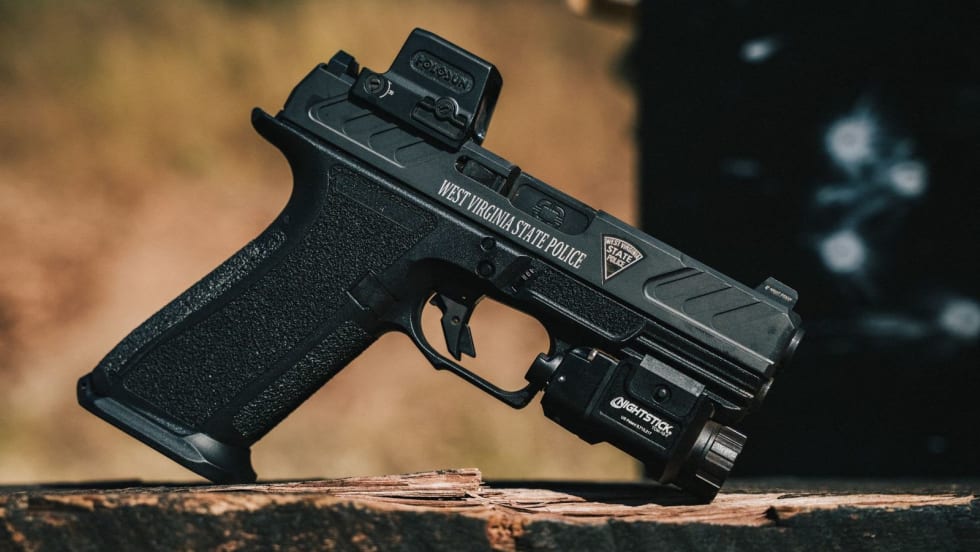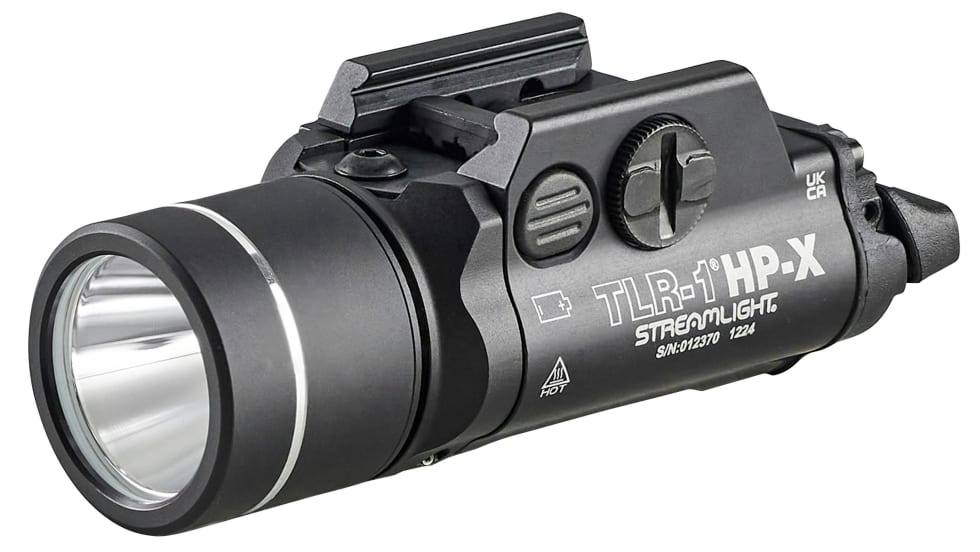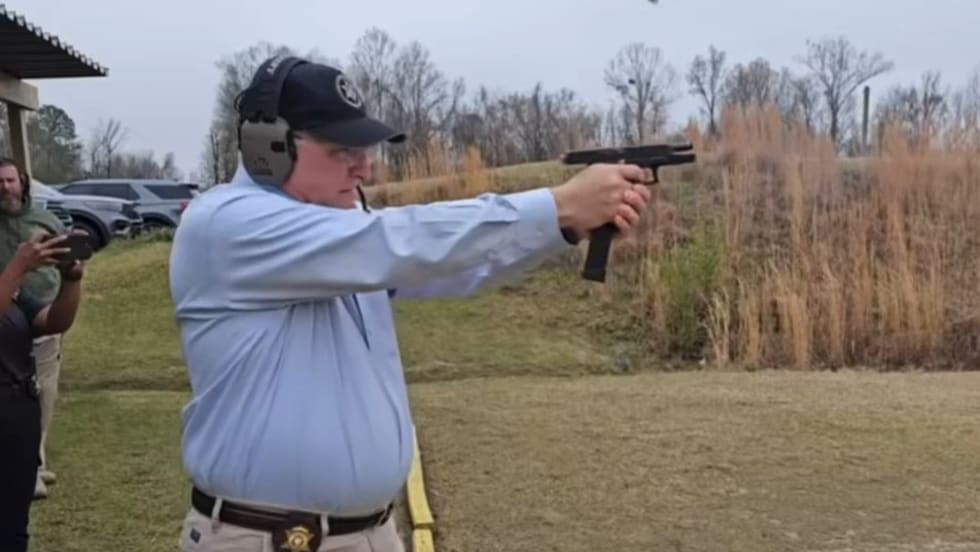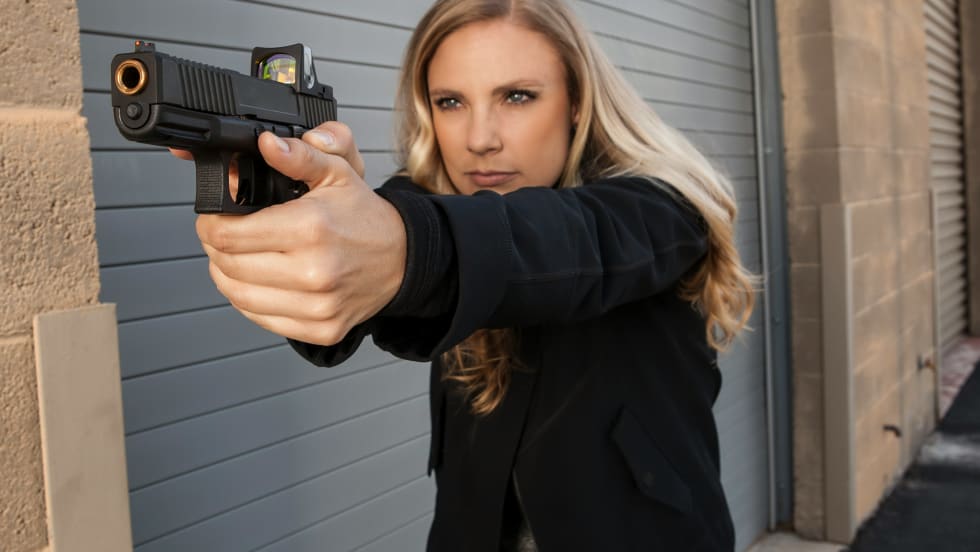If for no other reason than the protection of yourself and your loved ones, you need to practice off-duty firearms tactics. And it's in your agency's best interests to provide you with the necessary skills.
Criminals are criminals 24/7. You, on the other hand, work an eight-, 10-, or 12-hour shift and are then "off duty." The problem is that criminals don't see it that way. In their minds, it doesn't matter if you're driving a marked patrol unit on an urban beat or the wife's mini-van taking the kids to soccer practice. You're the enemy.
If for no other reason than the protection of yourself and your loved ones, you need to practice off-duty firearms tactics. And it's in your agency's best interests to provide you with the necessary skills.
Why It's Worth It
In these tough economic times it's difficult enough to get funding for normal firearms training, let alone additional firearms training for off-duty situations. But let me give you one reason why you should do it, and it's something your administrators can sink their teeth into-liability.
If agencies allow or, in some cases, mandate officers to carry weapons off duty, they need to give them off-duty firearms skills. And it's not enough for officers to shoot or qualify with their off-duty weapons. Most departments require that you come to the range with any off-duty firearm you carry and fire the same qualification course used for your duty gun. This is the bare minimum and does not prepare you for off-duty confrontations on the street, and therefore opens your agency up to liability for failure to train.
One other reason to train in off-duty firearms skills, which is just as important as protecting yourself and your family, is the potential for off-duty officers to be mistakenly identified as bad guys by on-duty officers. This has resulted in off-duty officers being shot and, unfortunately, sometimes killed by the on-duty responding officers. The state of New York recently conducted a study and determined that race played a major role in the off-duty officers being mistakenly identified. I strongly disagree. In my opinion, the off-duty officers' actions, or inappropriate actions, were what caused or led up to the majority of these incidents.
Not to point fingers at our fallen brother and sister officers, but if we're not willing to take a hard look at the facts of the situation, then we'll never learn from the mistakes that were made and we'll end up repeating them. We don't have expensive laboratories or wind tunnels to conduct our experiments in. We learn from and on the street, and sometimes we pay for that knowledge in blood. It's unfortunate, but it's the truth.
Teaching Basic Skills
If we're in agreement that we should be training in off-duty firearms skills and tactics, then let's move forward with a system any agency's rangemaster can follow. First and foremost, get the officers out to the range with their off-duty firearms for basic skills development.
Realistic conditions are imperative. Officers should come to the range with their firearms and the holsters or off-duty rigs they carry them in.
They should also dress appropriately for the weather. If it's 10 degrees outside and you're on a heated indoor range, turn the heat down and have the officers wear their winter jackets. If they carry their snub-nose, hammerless revolver in an in-the-pants holster, they need to practice drawing the firearm from that holster, or any other off-duty rig they use, wearing the off-duty clothes they normally wear.
Drawing Techniques
With the myriad types of off-duty holsters and rigs that are available, it's important to have officers practice drawing with safe and empty guns first.
Obviously the guy with the shoulder rig needs to be on the end where he's not sweeping the muzzle past the person standing to his side. But the only way to determine how to proceed safely is to have them practice drawing with empty guns first, then correct their drawing techniques. The last thing you want is for someone to swing the muzzle of a loaded firearm past someone else on the firing line.
An officer may not draw her firearm from a particular holster or carry rig in the same way that you would, so safety is always the first priority. See what the officers have and how they're using them, and work with them.
More than one officer has been on the range with the latest high-tech carry rig only to find out it didn't work for him or work with the clothing he was wearing. The only way to determine this is to have them practice drawing the firearm from whatever holster, pocket, concealable garment, or any other way they carry it while wearing the actual clothes they will be wearing when they carry off duty.[PAGEBREAK]
Live Fire
Once you've gotten their drawing techniques down, you can proceed safely to some live fire. Start with officers drawing and firing from their off-duty rigs, but don't just have them "qualify." Throw in some drills for off-duty survival that are realistic, that condition and train the officers to respond appropriately to off-duty situations. A number of officers killed off duty by responding on-duty officers were running with their firearms out, toward the on-duty officers or a third party, usually the suspect(s) involved in the incident. It's important to train not to make this mistake.
Have the officers practice running with their hands on their guns while the gun remains in the holster. If you're running or chasing someone, that usually means you're not shooting. If the situation should quickly turn into a possible shooting confrontation, then you can quickly draw your firearm out because your hand is already on the gun.
Obviously, there is a time lag between having your gun out and in your hand versus having your gun in your hand in your holster, but use some common sense here. Why would you run across a crowded parking lot with your firearm out and in your hand toward uniformed officers who are responding to an incident?
Identify Yourself
Also in the interest of safety, if you're off duty it's important to identify yourself at all times, whether you see other officers in the area or not. We all know about tunnel vision and auditory exclusion, but do the best you can.
If you're the one training on the range, run from one piece of cover to the next with your hand on your gun in the holster, yelling, "Police! Police!" as loudly as you can several times. As you move, the instructor could give you the command to draw and fire. As you do this, continue to shout, "Police! Police!"
Since auditory exclusion may be a problem, think about getting your badge out to identify yourself. You and the on-duty cops may not be able to hear each other, so get out your shiny metal badge. If you're going to run with something in your hand, run with your badge in your off hand. Run the same drill we just did running from cover to cover shouting, "Police! Police!" with your badge out and your hand on your gun in the holster. This time when given the command to draw and fire, shout, "Police! Police!" and place your badge in front of you next to your gun.
If any on-duty officers are suffering from tunnel vision, they will focus on what they perceive as the threat, and that will be your weapon. This tunnel vision on the weapon explains why a number of officers and bad guys alike are shot in their gun hand, gun arm, and gun side of their body. Get that badge out there with the gun to help identify you as an officer.
One-handed Shooting
For this reason, as well as several others, all off-duty firearms training should focus on one-handed shooting skills. The majority of officer-involved shootings, whether on or off duty, involve the officer only shooting with one hand. Your badge could be in your off hand, your off hand could be occupied with pushing your family out of harm's way, you could have a flashlight or some other object like your groceries in your off hand; the list goes on and on.
Here's another reason why you want to practice one-handed shooting skills. Some firearms instructors will tell you that if you bring your gun hand and your off hand to the centerline of your body it should take no more time for a two-handed grip than a one-handed grip. But have you ever heard of Hick's Law?
Basically, Hick's Law states that the more variables you add to a situation, the longer the reaction time is, and therefore your brain will look for a shortcut. The shortcut being shooting with one hand versus a two-handed grip. Therefore, all off-duty firearms training and shooting drills should focus on one-handed shooting skills.
If you don't believe me, or Mr. Hick, take a timer out to the range and time yourself drawing with one hand and firing, versus drawing and firing with two hands. One-handed shooting beats two hands every time.
Firing Distance
One last thing to think about before setting up off-duty firearms training is distance. Some agencies require their officers to qualify with their off-duty firearms at the 25-yard line, just like they do with their on-duty service weapons. This makes no sense, as the majority of officer-involved shootings, on or off duty, don't occur at this distance. Most happen at 21 feet or less, and the distance of off-duty officer-involved shootings is even closer.
According to the FBI, the majority of officers killed off duty die as a result of intervening in, or being the victim of, a robbery or robbery attempt. As law enforcement officers, we don't think of ourselves as being victims, but it happens. The bad guy isn't going to rob you or someone else from across the Wal-Mart parking lot. It's going to be up close and personal, so train for it!
If you want to take this training one step further, the next time you conduct force-on-force training, add a couple of off-duty exercises. You could actually cover two scenarios at once by putting the off-duty officer into a situation where he's being robbed, and then have on-duty officers respond and confront him. Don't tell the on-duty officers what's happening and see who they confront. See if the off-duty officer identifies himself, and how both parties react in the situation. It will be a learning experience for everyone involved.
Carrying Off Duty? Train for It
If agencies are going to allow or, in the case of some departments, mandate that officers carry off duty, then they need to give officers the proper training tools and tactics to do it safely. You might be thinking, "I won't carry off duty, I'll just be a good witness." That only works until the bad guy recognizes you. Even if he doesn't know you, the way we act, talk, look, and what we wear sometimes gives us away as law enforcement, so you should always carry.
In the words of a salty old Irish sergeant from the midnight shift, "'Tis better to have a gun and not need it, than to need a gun and not have one." So carry off duty. And, just as important, train for those off-duty encounters.
Michael T. Rayburn has more than 30 years of experience in law enforcement and is the author of four books. He is a former adjunct instructor for Smith & Wesson and is the owner of Rayburn Law Enforcement Training.


